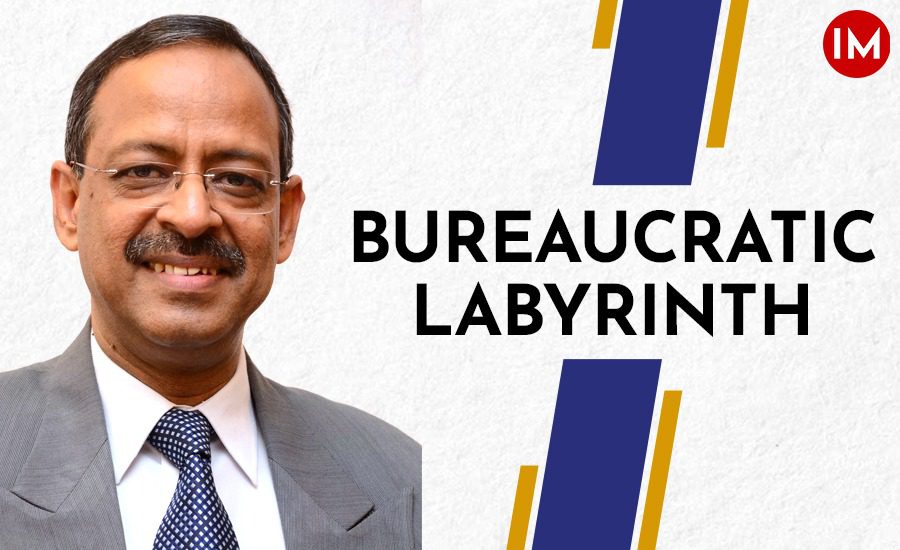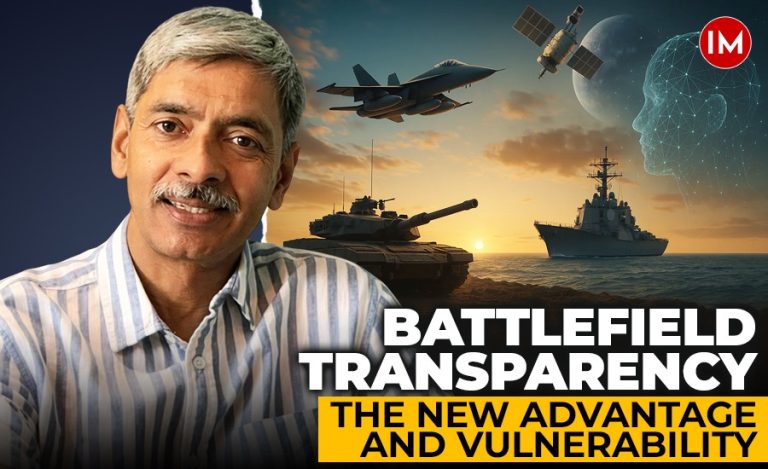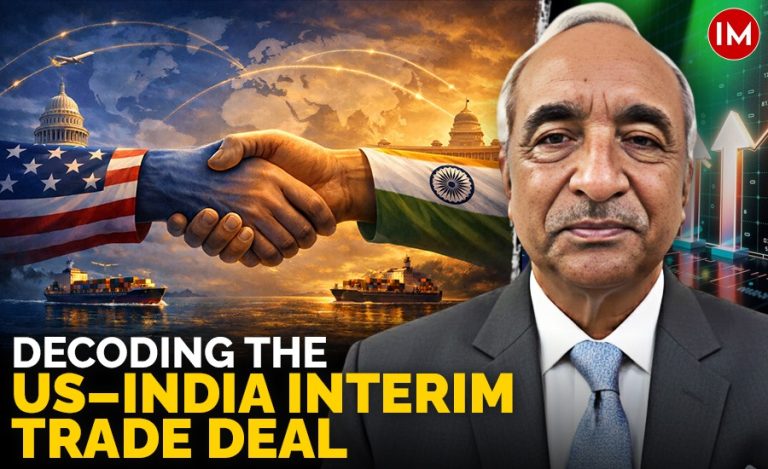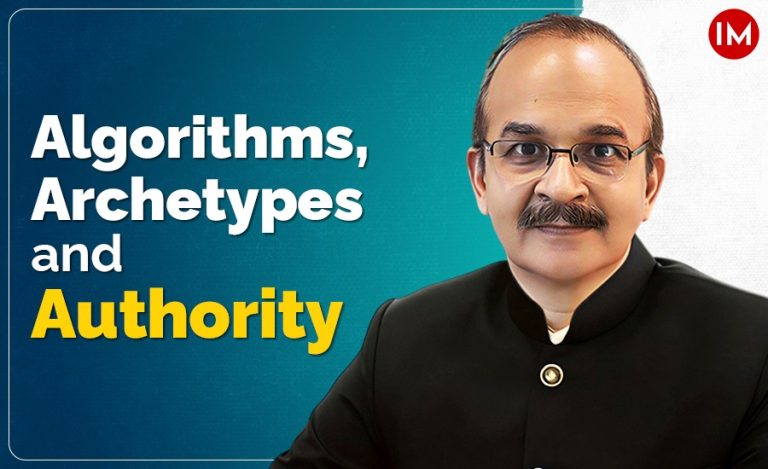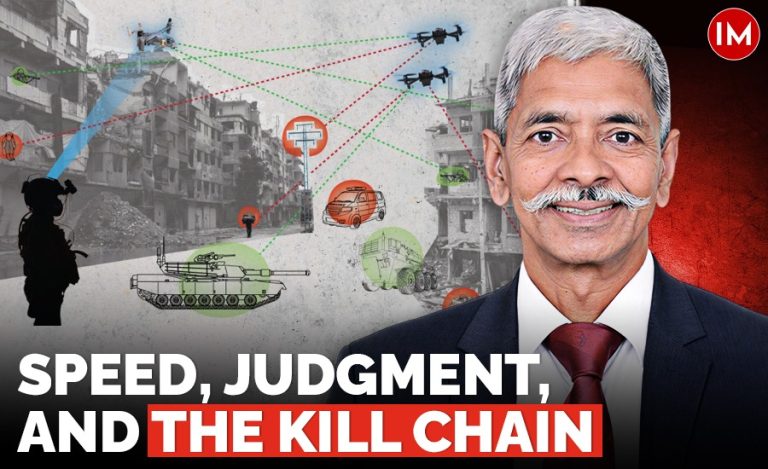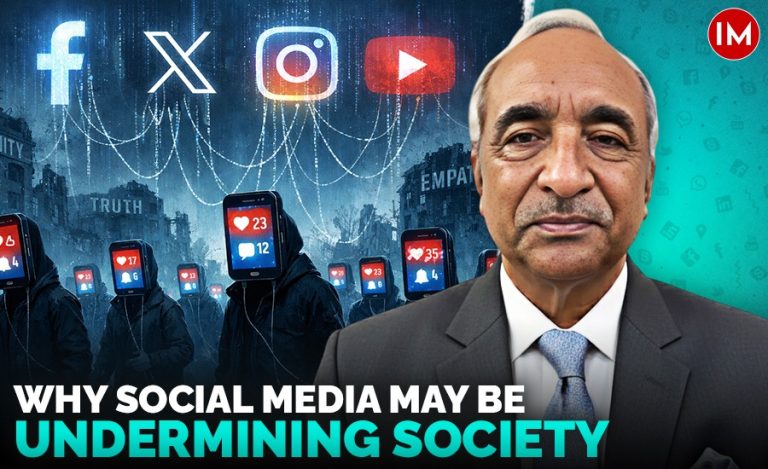“Officers getting caught in political cross-fire is nothing new but extremely damaging for governance. Honest officers continue to suffer. Ironically, ‘rich’ culprits fly away to cooler climes as the ‘machinery’ is pre-occupied finding technical faults to nail the honest”. This tweet caught the fancy of a large number of ‘twitterati’. There are also a few of those that are extremely concerned about governance that is being impacted by moves that appear to be politically motivated but have a long-ranging and widespread adverse impact on governance.
The key questions that deserve attention are as follows:
- Why do honest officers suffer in this cross fire?
- Does this cross-fire impact governance? How?
- How do the real culprits get away?
- Can honest officers insulate themselves from this cross-fire?
Dishonest officers know and have the wherewithal to get into and get out of the labyrinth. The dishonest, by and large, accumulate sufficient resources to take care of tricky situations. So, this is all about the honest officers, like the Harish Chandra Guptas, the Krofas and the Kamarias (these are the officers who suffered not because of any fault on their part but because of an asinine provision of law and on account of political cross-fire) who, more often than not, are not fully conversant with the devious manipulations of politicians and political operators.
CIVIL SERVANTS ARE USED
For a politician, civil servants are like tools to be used, misused and, on occasions, even abused. If the officer lets his guard down, he could be in trouble. There could also be a case where a political boss disowns a decision that he consciously took earlier (though sometimes without any malafide intent) when it is subsequently discovered to be a ‘wrong’ decision.
Ironically, such politicians get away with it. If it could be done by a Prime Minister who had the reputation of being honest but lacked the guts to fight it out, it can be done by any other politician.
It is also a mystery how the court agreed to spare someone who was a signatory on the file and those that are aware about the functioning of the PMO will vouch that the Prime Ministers don’t sign the file simply as a token. Each file is meticulously examined and then only is it put up for the consideration of the PM. And the incumbent obviously wasn’t a Rabri Devi. Yet, the PM got away with it.
In the Westminster model that we adopted, it was believed that the bureaucracy thrived under the cloak of Ministerial responsibility. This instance was indeed a royal departure from the accepted norm. The bureaucracy was left holding a ticking bomb.
DECISION MAKING IMPACTED
The damage this cross-fire does to governance is phenomenal, especially if honest officers get caught. The officers feel betrayed and frustrated. The fence sitters in the civil service start having second thoughts about whether honesty is in reality the best policy. And the dishonest feel mighty justified about their conduct.
What could be more devastating than this? Decision making gets impacted. Such cross-fire leads to distrust. Decisions get taken for dishonest purposes or they don’t get taken at all or they get inordinately delayed due to procrastinating officers.
The culprits get away because the enforcement machinery is busy chasing the honest and does not have the time and energy, apart from the disinclination (sometimes politically inspired) to pursue cases against the real ones. The real culprits are not only well connected, they are well endowed as well. Hence, it is much more difficult to nail those that have the capacity to flee, often right out of the country.
CAUGHT IN POLITICAL CROSSFIRE
Can a Civil Servant act in a manner that ensures that he doesn’t get caught in political cross-fire? Yes, he can. It requires discipline, knowledge of rules and procedures and strict adherence to them, and some sacrifice. There is a cost to be paid either way. The choice rests with the individual. He has to make it early and be prepared for the consequences”.
In this tweet lies the answer to the last question. To insulate themselves from political cross-fire, a civil servant has to have a clear understanding of laws, rules and procedures and their implications. Due diligence is the key. Technology can be of enormous help. Technology can be used for bringing about transparency in the decision making process.
LACK OF TRANSPARENCY
Much of the problem in governance is on account of opacity in the decision-making process. However, mere knowledge and transparency will not help. These are essential but not sufficient. The civil servant has to have the courage to state it and bring it formally to the notice of the political decision maker. There are occasions when the civil servant is directed to put a particular type of note. This is where he has to take a call.
It may not always be convenient to do so but the price of not doing so may turn out to be higher than the immediate annoyance of the politician. The opposition should not be for the sake of opposition but based on reason and conviction. The consequence could be a transfer but isn’t this a better option than facing the music subsequently?
And, finally, if the civil servant himself is desirous of a return gift, then nothing will work. In either case, he has to pay a price. Should he allow himself to be used, misused or abused? He has a choice, whether his conscience directs him to stand up for the facts and for what is correct, or whether he wishes to take a conciliatory path which appears more congenial, but may carry a ‘delayed reaction’. It is his choice. He has to make one and accept the consequences.

